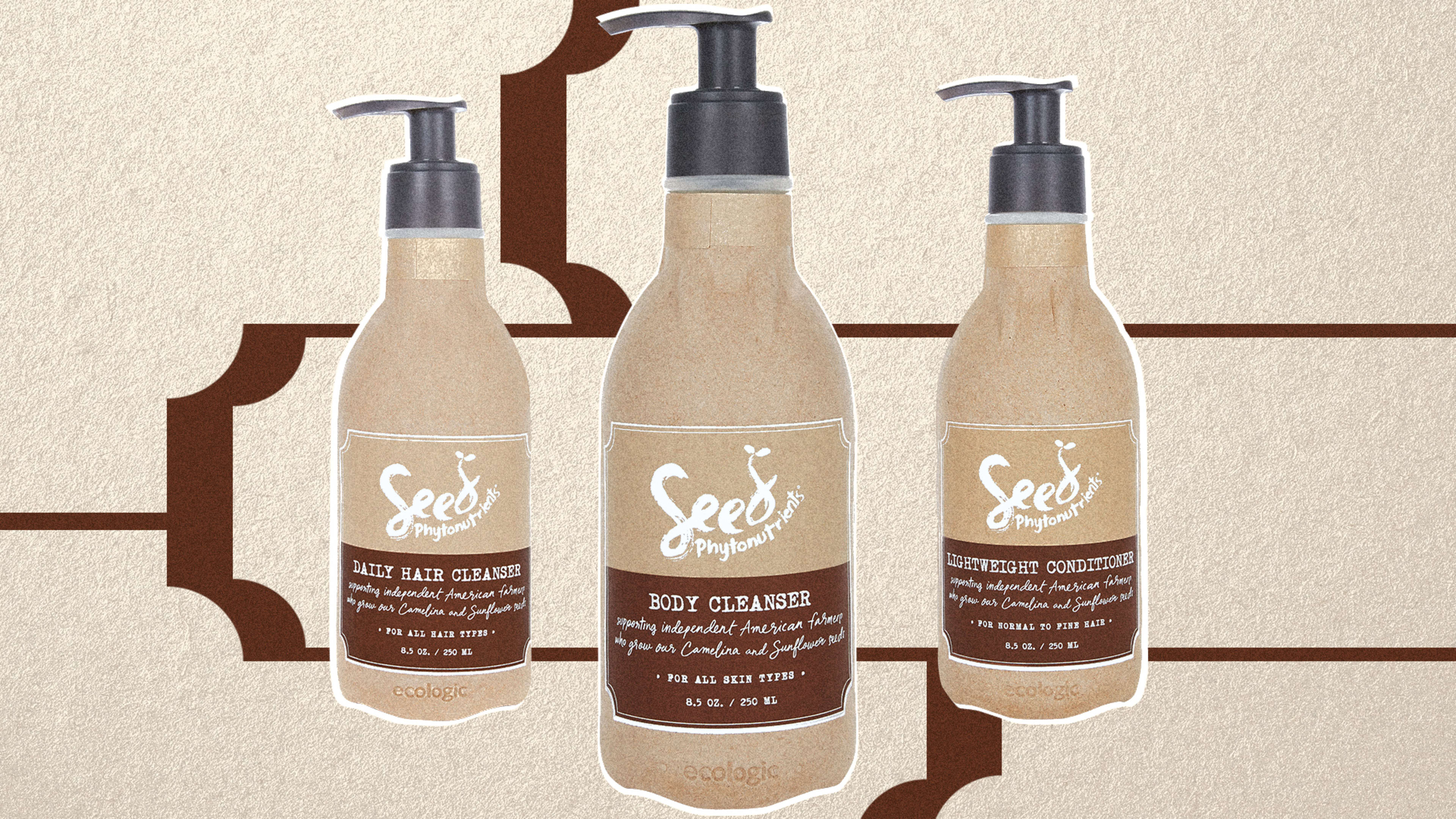The $445 billion beauty industry is blowing up, with new products flooding the market every day. To stand out on Sephora or Walgreen aisles, brands have resorted to more and more dramatic packaging.
Christian Louboutin’s lipsticks come in gold tubes that are so beautiful, some women use them as pendants on necklaces. Verso creates facial oils that come in four individual vials, which you pop into a spray bottle. Clé de Peau creates powders that come in shimmery holographic palette cases. It’s designed to be fun and beautiful. But it also means a lot of plastic and metal containers that will be chucked in the trash in a matter of months. Americans each generate 4.4 pounds of trash every day, and a full 30% of this comes from packaging.
Shane Wolf has watched this packaging one-upmanship in the beauty industry firsthand as an executive at L’Oréal, the $33 billion beauty conglomerate with dozens of brands within its portfolio. Over the last decade, Wolf has served in top roles at Keratase, Shu Uemura, Redken, and Pureology. But after years in the business he wanted to be part of a brand that was more mission driven.
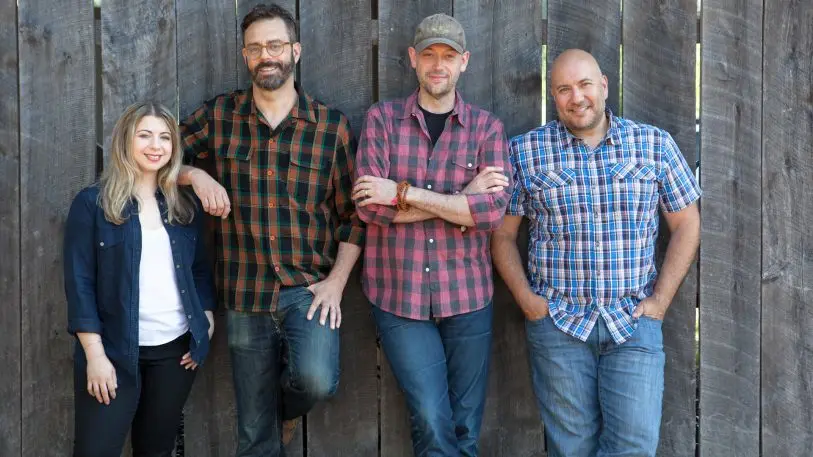
The packaging is the result of a collaboration with Ecologic, a design firm focused on sustainable materials. Founded by Julie Corbett in 2008, Ecologic has worked with some of the biggest brands in the world, including Nestlé and Seventh Generation, and Wolf initially struggled to lock down a meeting with Corbett. “I knew we had to work with her, but she wasn’t taking my calls or emails or Facebook messages,” he says. “I even contacted her daughter on LinkedIn and begged her to tell her mom about us. In the end, all it took was one in-person meeting to convince her that our values were aligned.”
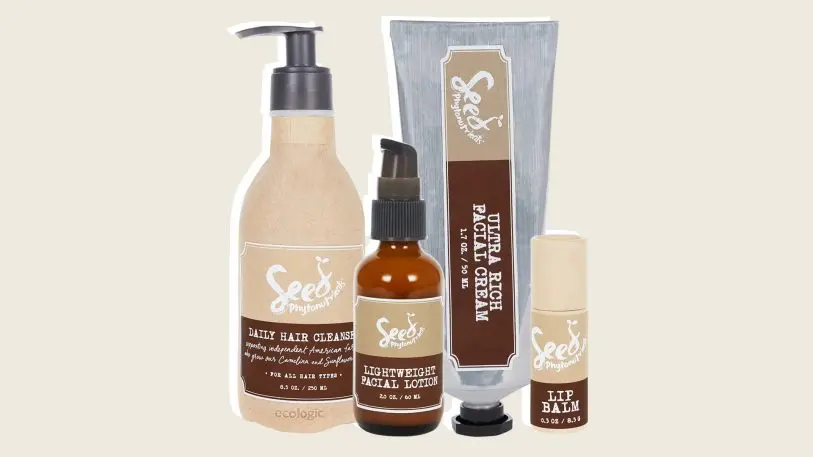
Together, Wolf and Corbett created an entirely compostable bottle made from post-consumer paper, combined with clay that makes it water resistant and strong enough to resist shower water pressure. The bottle is made from two separate pieces of paper that are held together using an interlocking design rather than glue. And inside, there is a very thin, recyclable plastic container that holds the liquids, like soaps, shampoo, and conditioner. The exterior paper serves to strengthen and protect the plastic, which is 60% thinner than a typical plastic bottle. As a whole, Seed bottles use a fraction of the plastic used by other beauty brands. The bottles are then shipped in a nested fashion, to ensure that no space is wasted in the shipping containers.
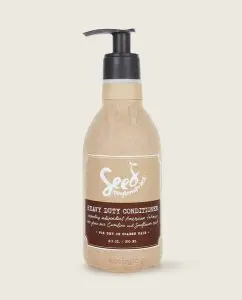
Wolf hopes that customers will go on to grow their seeds on their kitchen windowsills, but they also make good gifts. “These are seeds that are easy to grow at home, but if you really don’t have a green thumb, there’s a ‘to’ and ‘from’ line on the packet, so you can give it to a friend,” Wolf says.
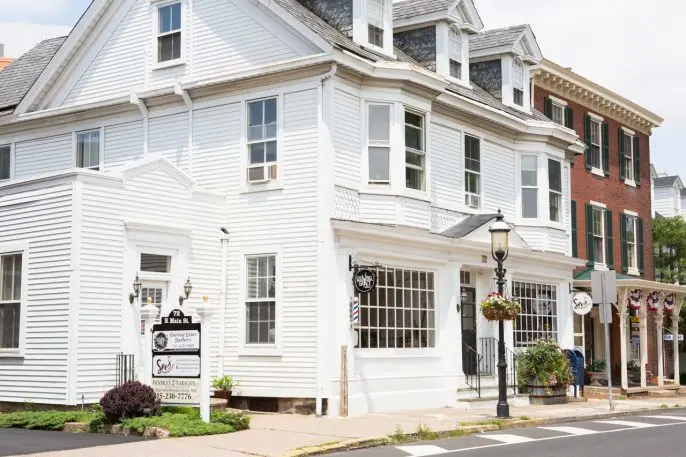
After decades in the chic world of beauty in New York, Wolf has ditched his Tom Ford suit for a plaid workshirt and thick overalls. Seed’s own offices are located in Doylsetown, Pennsylvannia, rather than in L’Oréal’s headquarters in New York, so that employees can easily pop into Barefoot Botanicals, a small organic herb farm where Seed sources some of its ingredients. Wolf and his husband own a plot of land in Bucks County, Pennsylvannia, where they take in rescue animals. “I wanted to be close to the farmers,” Wolf says. “I think it’s important for those of us in the industry to really understand where the ingredients are coming from.”
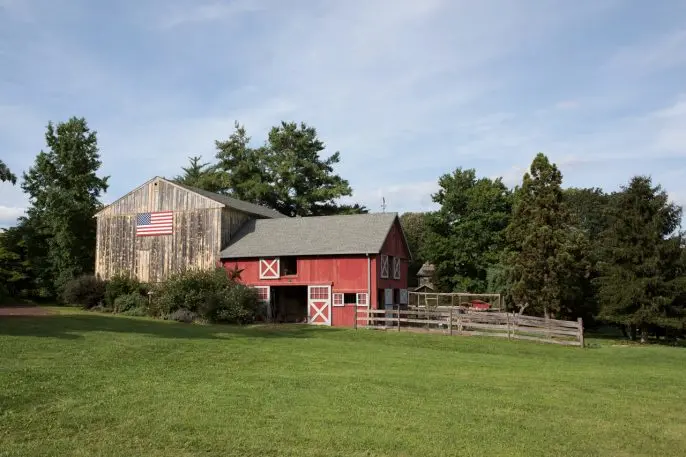
While most brands purchase raw ingredients on the open market, with no real knowledge of the supply chain, Seed partners with organic family-owned farmers throughout the United States, purchasing their seeds and then turning them into ingredients for beauty products. “I wanted to see firsthand where the ingredients came from and experience some of the challenges facing these farmers,” he says. “We pay for the full harvest ahead of time, whether a crop succeeds or fails, because this ensures the farmers have a fixed income, which allows them to invest in their own farms.”
As Wolf was developing the idea for Seed, he had to decide whether to launch as an independent startup, or remain within L’Oréal. In the end, he decided that it was better to stay a L’Oréal brand because it would allow Seed to have a greater impact in the world. “L’Oréal obviously has deep pockets, which means I don’t have to worry about capital,” says Wolf. “But perhaps more importantly, if we can prove that sustainability is good for the bottom line, L’Oréal can adopt our sustainable strategies and incorporate them into other brands.”
Recognize your company's culture of innovation by applying to this year's Best Workplaces for Innovators Awards before the extended deadline, April 12.
